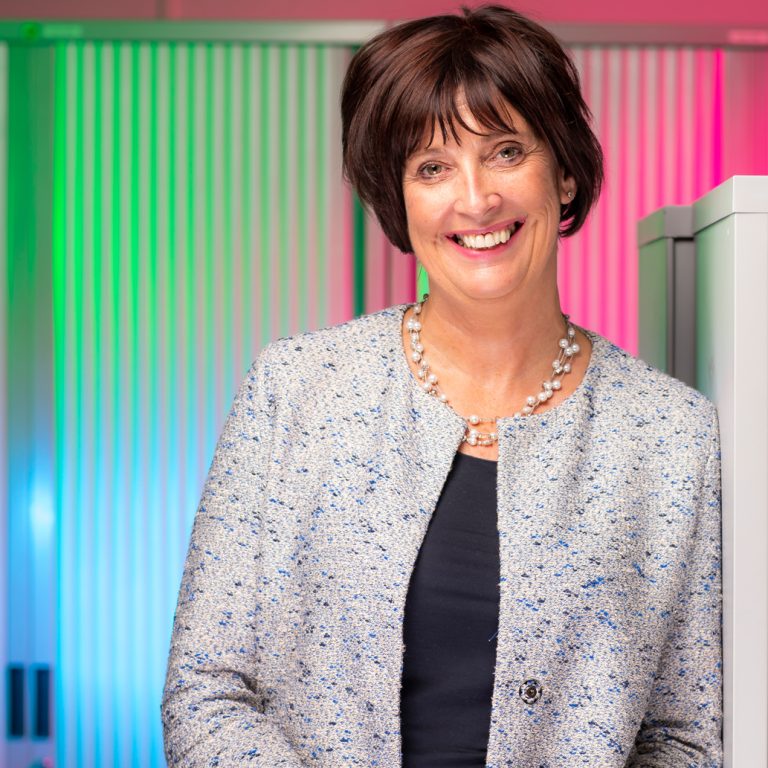Harnessing energy sources to replace depleting fossil fuels which have been so vital to advancement, but so catastrophic for the planet we occupy, is the greatest challenge ahead. Wind, tide and sun seem ancient, but nuclear can sometime seem baffling and frightening science that poses as many questions as it answers. Unquestionably, debate and discussion will be fuelled along the journey, as nuclear is positioned as a fundamental component of the world’s future energy needs.







